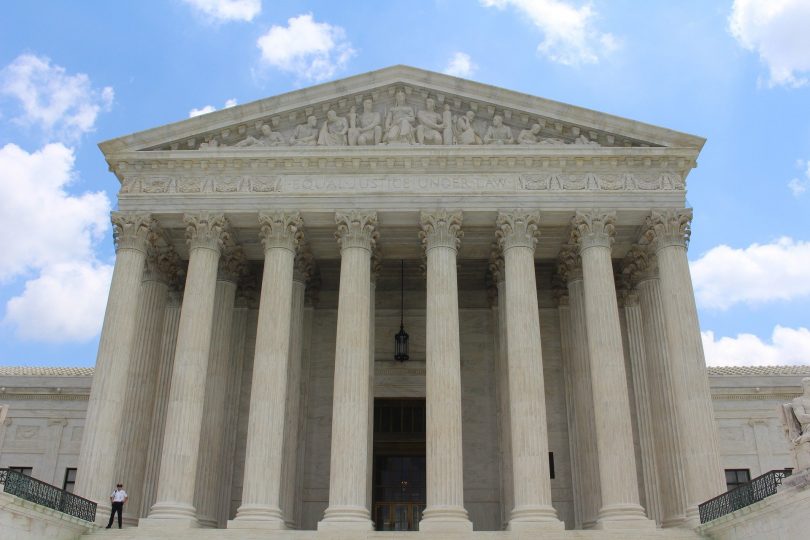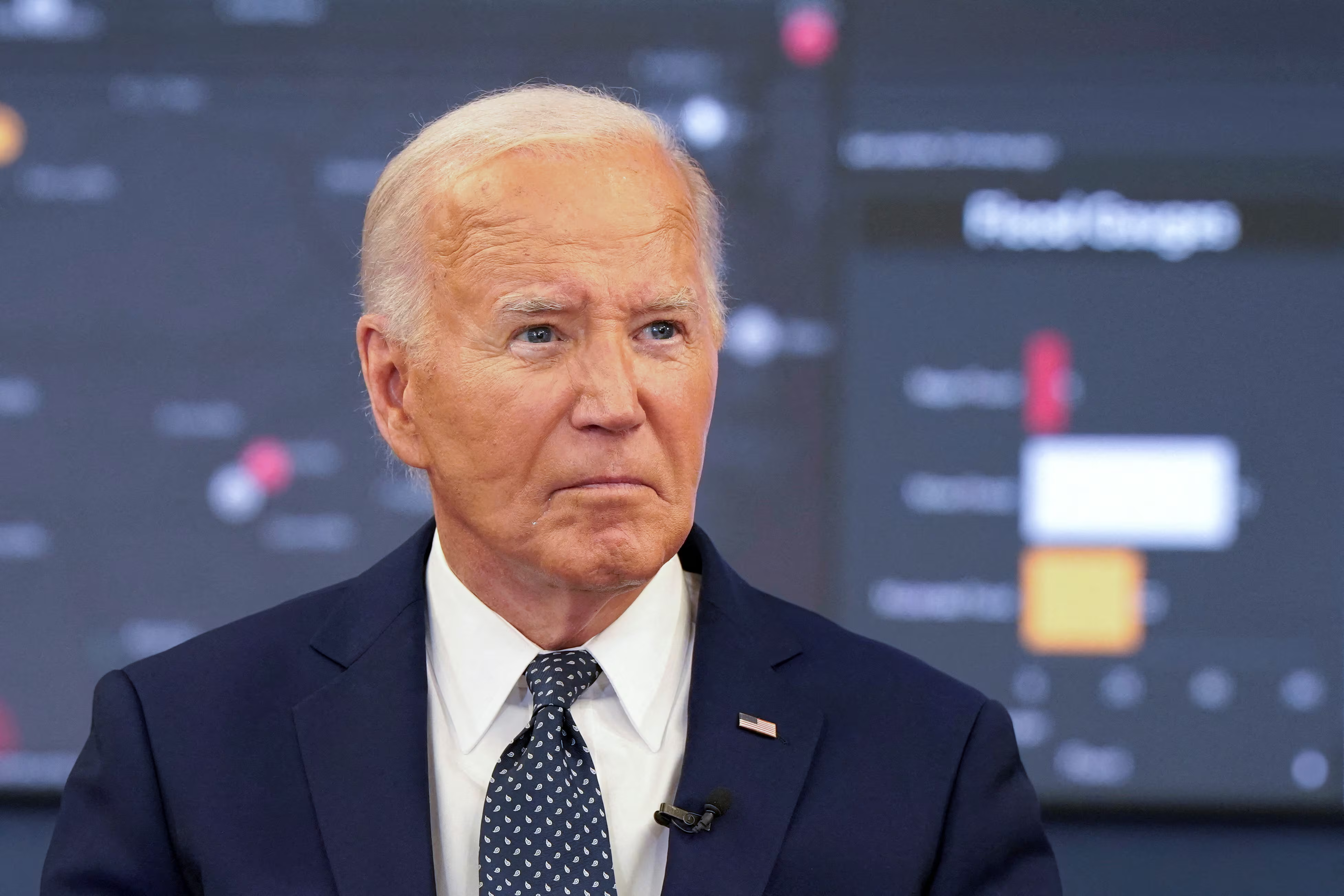By Jenny Kornreich
Boston University News Service
The Supreme Court decided this week that it will consider reinstating the death sentence for Dzhokhar Tsarnaev, the surviving 2013 Boston Marathon bomber, according to the Associated Press.
During the final six months of former President Trump’s presidential term, an appeal was initially filed by the Trump Administration. The administration carried out a total of 13 executions.
In July 2020, the First U.S. Circuit Court of Appeals unanimously ruled against a 2015 Massachusetts court decision to instate capital punishment by lethal injection, arguing that the trial judge did not adequately question the cases’ jurors about their media exposure.
At the time, defense attorney Daniel Habib argued that the jury in the district case was highly biased by their media intake. Habib said juror’s media consumption should have been eliminated by all means possible. Habib pointed out the social media activity of two jurors, including the foreperson calling Tsarnaev “a piece of garbage” online.
“This case should not have been tried in Boston,” Habib said in front of the three-judge.
White House press secretary Jen Psaki told reporters Monday that Biden has “grave concerns” over the morality and fairness of capital punishment, though he “expressed his horror at the events of that day and Tsarnaev’s actions.” There are currently 48 people on federal death row.
President Biden pledged to abolish the federal death penalty during his presidential campaign, though no specific plans have been announced so far.
The Archdiocese of Boston, including Archbishop Seán Patrick O’Malley, has called for Tsarnaev to serve a life sentence without parole, according to the National Catholic Register.
“Justice through conviction for the crimes committed has been rendered,” the archdiocese said in a statement to the NCA. “Catholic teaching does not support the taking of life as a means of achieving justice.”
The Supreme Court’s decision to hear the appeal comes amid Tsarnaev’s $250,000 lawsuit against the federal government for his treatment at the supermax Federal Correctional Complex in Florence, Colo., where he is serving his life sentence.
In a handwritten note filed in January, he complained about the confiscation of a baseball cap and bandana that he purchased at the prison commissary and a limit of three showers per week, adding that these actions contributed to his “mental and physical decline.”
A recent polemic involving the bomber included Florida State Representative Brian Mast’s retweet of a video of a woman who lost both of her legs in the bombing. The woman, Marathon bombing survivor Celeste Corcoran, is seen walking on prosthetic limbs and appears to criticize the Biden Administration for allegedly sending a stimulus check to Tsarnaev.
Lawyers for Tsarnaev maintain their client is guilty of the charges. However, they argue that he is less culpable than his older brother, Tamerlan Tsarnaev, who they said devised the majority of the attack.
Tsarnaev’s case will not be heard until October.





